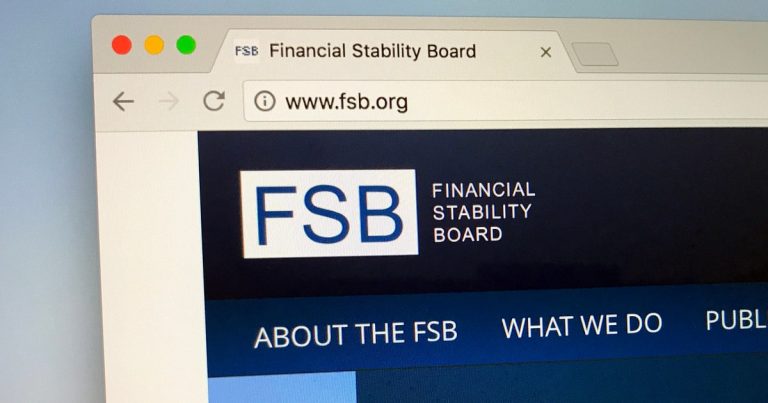Crypto Coinbase has challenged the decision of the United States Treasury Department to include Tornado Cash, a decentralized software project, on the list of Specially Designated Nationals and Blocked Persons (SDN). This action, which was brought up in the Western District of Texas, marks a serious clash between the rapidly expanding cryptocurrency industry and the federal regulatory authorities.
Tornado Cash is a platform that runs on the Ethereum blockchain that offers immutable smart contracts that permit anonymous cryptocurrency transactions. This protects the users of Tornado Cash from having their privacy compromised. This piece of software has emerged as a central issue in the ongoing discussion on the appropriate level of government oversight of the digital space.
According to the allegations made in the complaint filed by Coinbase, the action taken by the Treasury Department to penalize Tornado Cash goes beyond the scope of the legal power granted to it under the International Emergency Economic Powers Act (IEEPA) and the North Korea Sanctions and Policy Enhancement Act. The plaintiffs contend that the usual definitions of a “national” or “person” do not apply to Tornado Cash since it is a decentralized organization, and these activities are governed by those definitions. In addition, they argue that the smart contracts in issue do not qualify as “property” in the legal sense since they cannot be changed and no one owns them. Furthermore, they claim that Tornado Cash does not have any legal, equitable, or beneficial stake in the smart contracts in question.
The judicial procedures shed light on the difficulty of governing blockchain technology and the ramifications it has for individual privacy and rights. The plaintiff contends that the inclusion of Tornado Cash on the SDN List by the Treasury unfairly criminalizes the use of a privacy-focused software application, which impacts law-abiding persons. The plaintiffs have filed a lawsuit to challenge this designation.
As the case moves forward, it exemplifies the rising contradictions between the essential need for regulatory control in the bitcoin industry and the basic rights of free speech and privacy. The verdict in this case has the potential to establish an important precedent for the future regulation of cryptocurrencies as well as the wider use of economic penalties in the era of digital technology.
Image source: Shutterstock













+ There are no comments
Add yours